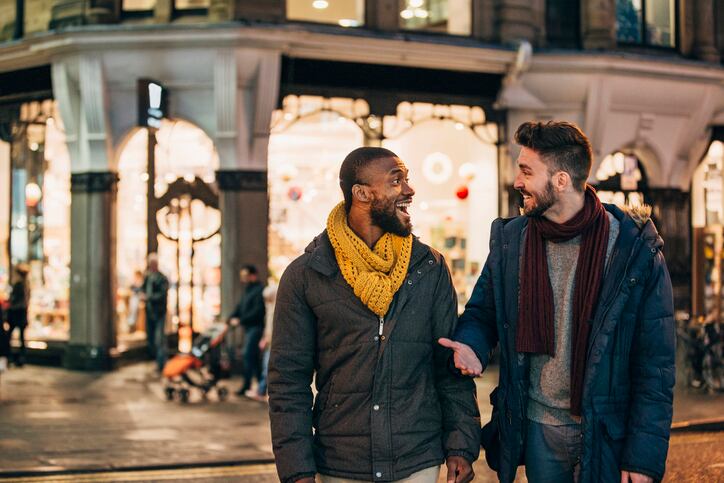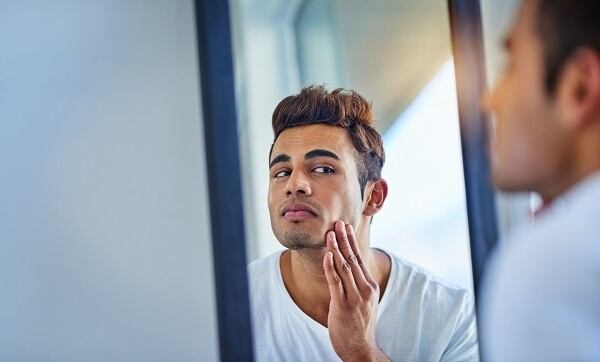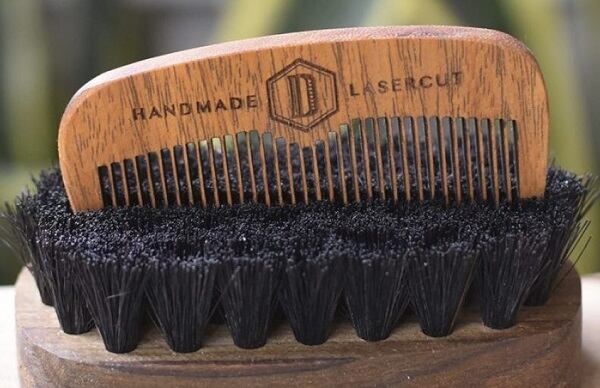Euromonitor International’s Beauty Survey 2019 Key Insights report published this month identified three key trends shaping today’s beauty market – a rise in digital consumerism, a deepening of premium expectations and shifting ideals around masculinity – and outlined the importance of digital and social within this.
On the latter trend around masculinity, the survey showed that for many consumers today, masculinity equalled “confidence, strength and reliability”. Bravery, intelligence and independence were also widespread definitions of masculinity.
Importantly, the survey showed that among the top five traits associated with ‘masculinity’, only one – physical strength – was a physical attribute. Perceptions of masculinity also changed with age, according to the report, with reliability an important definer to those aged 60+.
Avoiding gender-based stereotypes and perceptions
Priyaka Bagde, senior analyst at Euromonitor International and author of the report, said shifting perceptions around masculinity – and increasing online discussion around “toxic masculinity” – were important for beauty and personal care manufacturers to consider when targeting male consumers.
“There is no one silver bullet for beauty brands targeting male shoppers. They will need to take a multi-pronged approach through product development, marketing campaigns and social media outreach,” Bagde told CosmeticsDesign-Europe.
However, what beauty brands could do was address masculinity by firstly “avoiding gender-based stereotypes and perceptions” in product positioning and marketing, as this often deterred men adopting a particular beauty routine.
Instead, she said industry had to focus on messaging tied to healthy and holistic beauty approaches – important to both male and female consumers, alike.
“Already, 59% of women and 48% of men surveyed last year associate beauty with ‘looking healthy’ and there is an opportunity for brands to reinforce this association by educating consumers on the importance of taking care of their hair and skin health, irrespective of gender, as well as offering products to help them do so.”
Confidence top trait associated with ‘masculinity’
Bagde said within this, it was worth taking note of the top trait associated with masculinity in Euromonitor International’s 2019 Beauty Survey – confidence.
“[This] translates into a significant opportunity for beauty brands to directly tap consumer perceptions through their marketing strategy. Strong potential lies in the development of hair and skin care products that address men’s specific hair and skin health needs and concerns, especially now that men are more open to trying beauty products more generally,” she said. “Brands should also be focused on marketing campaigns and in-store positioning that also helps men feel confident about the beauty purchases and choices they make.”
Skin and hair care categories were a natural fit for this, she said, because there was a “clear need” for products addressing concerns associated with pollution, weather, sun and ageing – all of which fell under the wider umbrella of ‘looking healthy’.
However, industry had to dedicate effort to overcoming “engrained, though stereotypical, thinking that ‘real men don’t…’” – a way of thinking that restricted access of beauty products to one gender, Bagde said.
“[Companies have to] develop specialised products for men’s specific hair and skin needs and concerns; adopt marketing strategy to make beauty gender-less and accessible to men; and employ social media to create awareness among both men and women that it is healthy to take care of your hair and skin needs and everyone has the right to look their best”.



